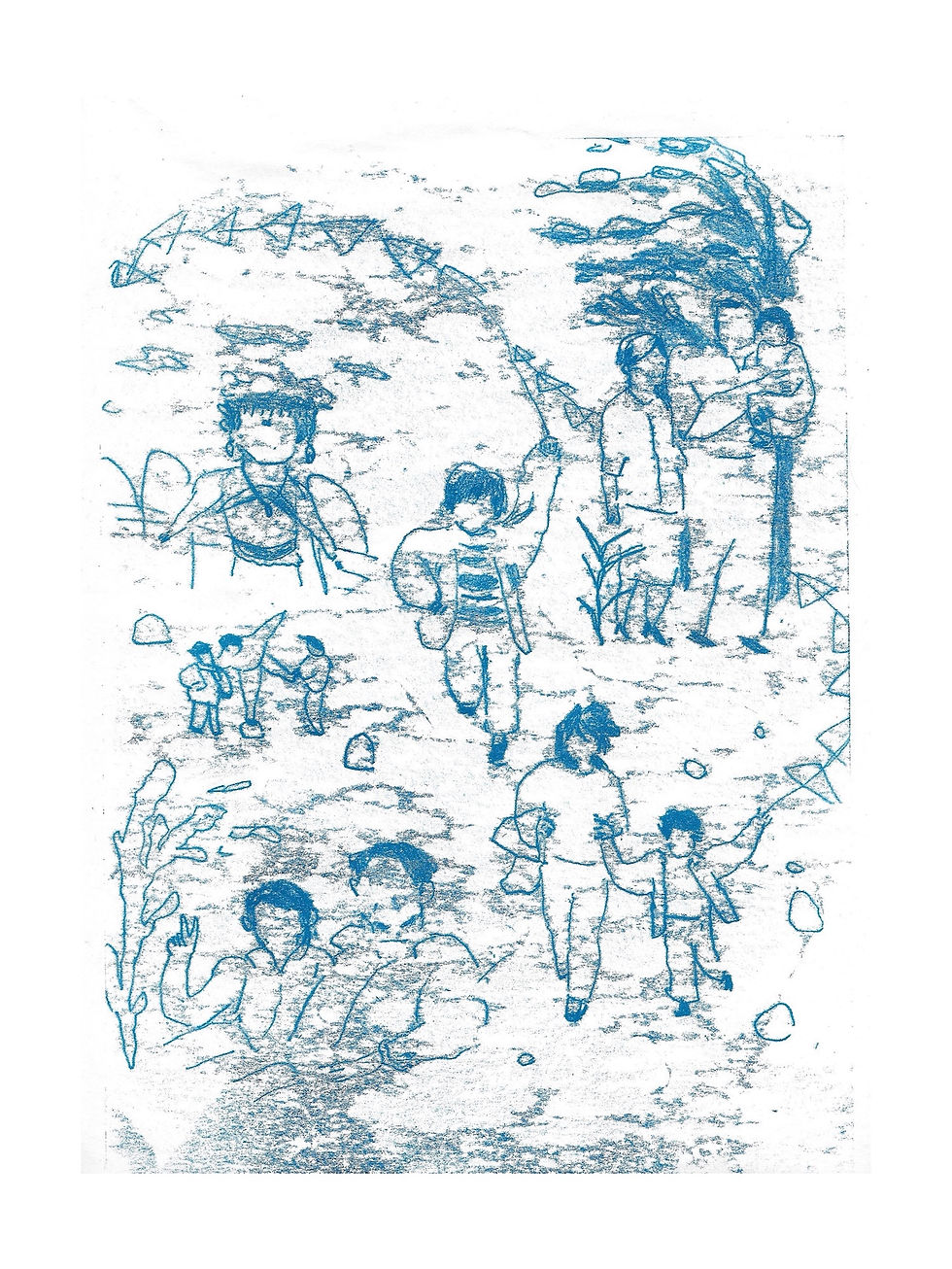top of page
Media Platform &
Creative Studio

Art and Culture
Welcome to our Review Corner! In this section, you'll discover a treasure trove of reviews and articles highlighting artists and initiatives driven by a deep passion for creating work infused with social, political, and ecological themes. Dive into thought-provoking insights, explore groundbreaking projects, and join us in celebrating the power of art to inspire change and foster meaningful dialogue.
bottom of page




%2C%202022%20(2).jpeg)



























